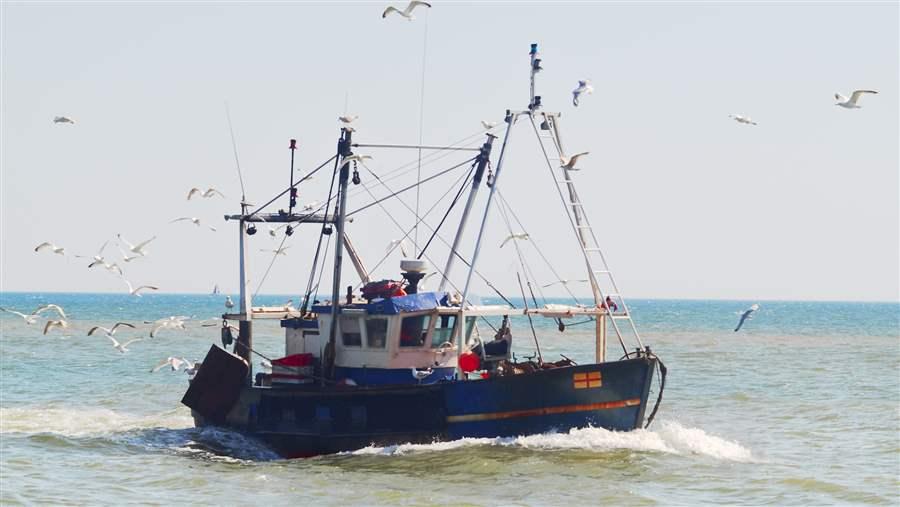New Eligibility Standards for Vessel ID Numbers Will Help Fight Illegal Fishing
Smaller fishing vessels can now be given unique IMO numbers

New IMO guidance expands identification numbers to include smaller fishing vessels.
© Marco Rosario Venturini AutieThe International Maritime Organization (IMO) recently expanded its system of identification numbers to include smaller fishing vessels. This means that thousands of additional fishing vessels are now eligible to apply for IMO numbers, the unique and permanent identifiers that follow them from construction to scrapping, regardless of flag, ownership, or name.
The IMO action enables regional fisheries management organizations (RFMOs) and their member states to mandate IMO numbers for a larger pool of fishing vessels, which will allow for more comprehensive tracking throughout the fishing industry.
Today, flags or call signs are frequently used as identifiers, but owners can change these easily, making it difficult to identify those breaking the rules. Records based on IMO numbers provide an independent audit trail for each vessel. IHS Maritime & Trade (IHSM), which manages the IMO system, continually updates and cross-checks the information against multiple data sources.
The IMO action expands the parameters of the existing ship identification number scheme to include fishing vessels that weigh less than 100 gross tons and are as small as 12 meters in length. In addition, non-steel hull vessels—such as those made from wood or fiberglass—are now eligible if they weigh at least 100 gross tons.
This new guidance makes eligibility for IMO numbers clear for all fishing vessel owners, an important step that will help with implementation of a recently enacted European Union mandate. The EU now requires that any fishing vessel longer than 15 meters operating outside EU waters obtain an IMO number.
As more fishing vessels get these unique, permanent numbers, it will become easier for authorities to identify those engaged in illegal, unreported, and unregulated fishing. That will boost their ability to track misconduct and gather evidence when they suspect unlawful activity. As a result, vessel owners will have fewer options to circumvent control measures or fish without being traced.
IHSM has already started administering the new provisions and will need to work closely with flag States and RFMOs to ensure that vessel information remains up to date and accurate.
Tony Long directs the ending illegal fishing project for The Pew Charitable Trusts.






